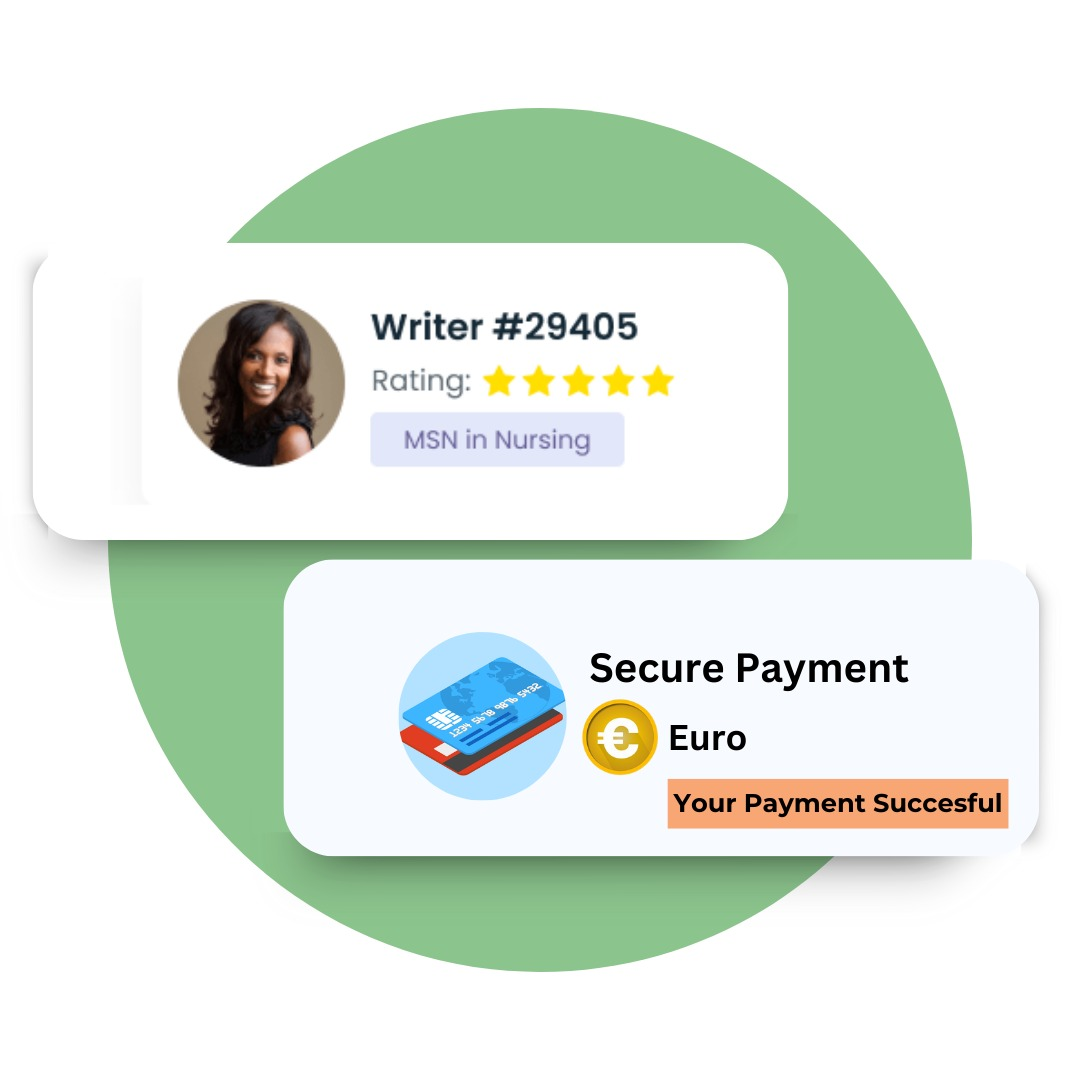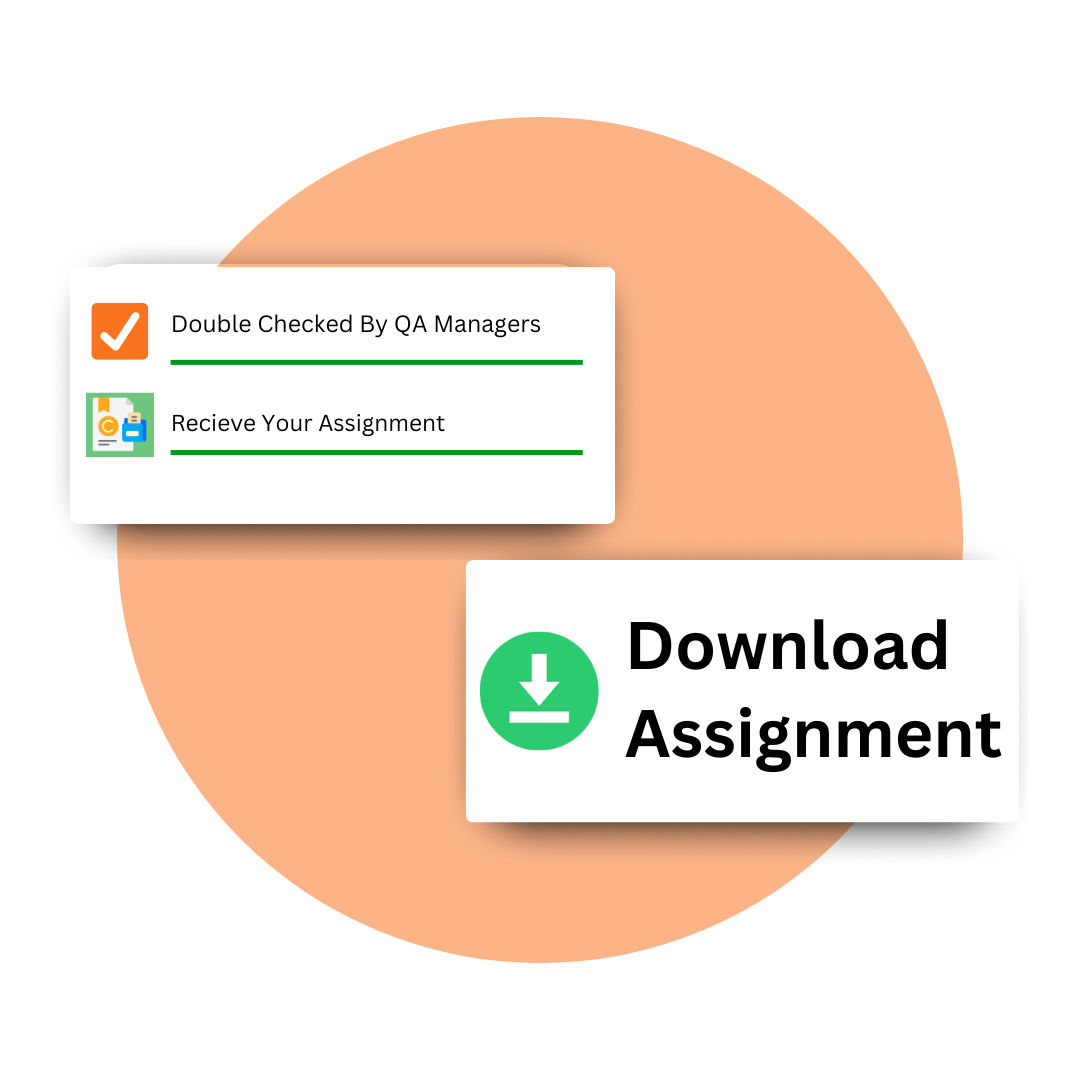Follow these 3 simple steps to get your ILM Level 5 Becoming an Effective Leader assignment done without any stress!

Submit the order form to hire our exceptional ILM Level 5 8316-507 Becoming an Effective Leader assignment writers.

You’ll receive a quote from our team after submitting the form. Pay using PayPal, credit/debit cards, or online banking services.

Download your completed ILM Level 5 8316-507 Becoming an Effective Leader assignment from the mail.
Our team consists of highly skilled writers who hold advanced qualifications and have practical experience in leadership and management. They are well-versed in the ILM Level 5 8316-507 course and can provide detailed, relevant, and insightful assignments that meet the academic standards of UK universities.
We will provide 100% plagiarism-free work on each assignment. Our writers craft customized solutions from scratch, creating unique work devoid of even a slight case of plagiarism. Moreover, we are equipped with state-of-the-art plagiarism-checking tools and thus ensure authentication.
Deadlines are very essential when getting academic assignments. All the members of our team ensure timely submission, whether you want your ILM Level 5 to be ready in a few days or even urgently. We know that deadlines are crucial and always try to submit every assignment on time.
We believe in original, high-quality writing that does not depend on AI tools. Our writers will ensure thorough research, sound analysis, and well-structured content to reflect academic excellence and critical thinking in all assignments.
Are you facing a problem with ILM Level 5 8316-507 Becoming an Effective Leader Assignments? We know that the concepts, theories, and application of leadership in practical life are not easy. Get expertise with our native UK writers to ensure that your assignment is up to the mark. Whether you seek urgent writing or guidance in a challenging aspect of leadership principles, our dedicated writers will help you submit the best assignments within time.
Apart from writing, we offer editing and proofreading services for any of your assignments. Our experts check their work for spelling, grammar, or syntax errors to ensure the work is entirely free of such mistakes. Our assignment will always contain logically structured content with cogent, clear arguments that depict an efficient understanding of the given topic. The work will be fine-tuned to ensure it’s error-free submission material.
Our team also does full formatting according to the specific guidelines given by your university. Whether it is APA, MLA, or Harvard style, we ensure that your references and citations along with a layout are according to the standard academic requirements set for your paper.
Set Development Goals: Create an action plan to improve your ability to set direction and communicate it effectively.
Explore the success stories of students like you who achieved academic excellence with our expert assignment help and personalized support.
A
Alex Turner

ILM Assignment Helper played a key role in my success with ILM Level 3 assignments. Their team offered exceptional insights, guidance, and support. They ensured I understood the core concepts and applied them in my coursework, resulting in fantastic grades and a more solid grasp of leadership principles.
M
Michael Thompson

ILM Assignment Helper delivered high-quality work for my ILM Level 7 assignments. Their expert writers incorporated advanced research and real-world examples that directly aligned with my academic needs. With their support, I achieved excellent grades and was able to apply the knowledge practically in my career.
E
Emma Green

I couldn’t have asked for better help with my ILM Level 3 assignments. ILM Assignment Helper’s team provided clear, concise, and well-researched content that directly addressed the challenges in my coursework. With their help, I improved my grades significantly and gained a clearer understanding of leadership principles.
D
Daniel Hughes

I was having difficulty understanding some of the more complex management theories in my ILM Level 5 course. The team at ILM Assignment Helper provided tailored support that helped me break down these concepts into easily digestible pieces. Their research and writing assistance improved my work quality and led to top grades in my assignments.
C
Charlotte Roberts

ILM Assignment Helper was a lifesaver during my ILM Level 7 course. Their expert writers not only provided high-quality, well-researched content but also made sure the assignments aligned perfectly with the requirements of my curriculum. Thanks to their assistance, I passed with distinction and gained insights that will benefit me in my career.
J
James Carter

I was struggling to understand the practical application of leadership theories in my ILM Level 3 assignments, but ILM Assignment Helper made everything clear. The team’s input was invaluable, helping me complete my work with a deep understanding of how these theories apply to real-life situations. I received excellent grades thanks to their support.
Let our experienced team handle the hard work. Get help today!
